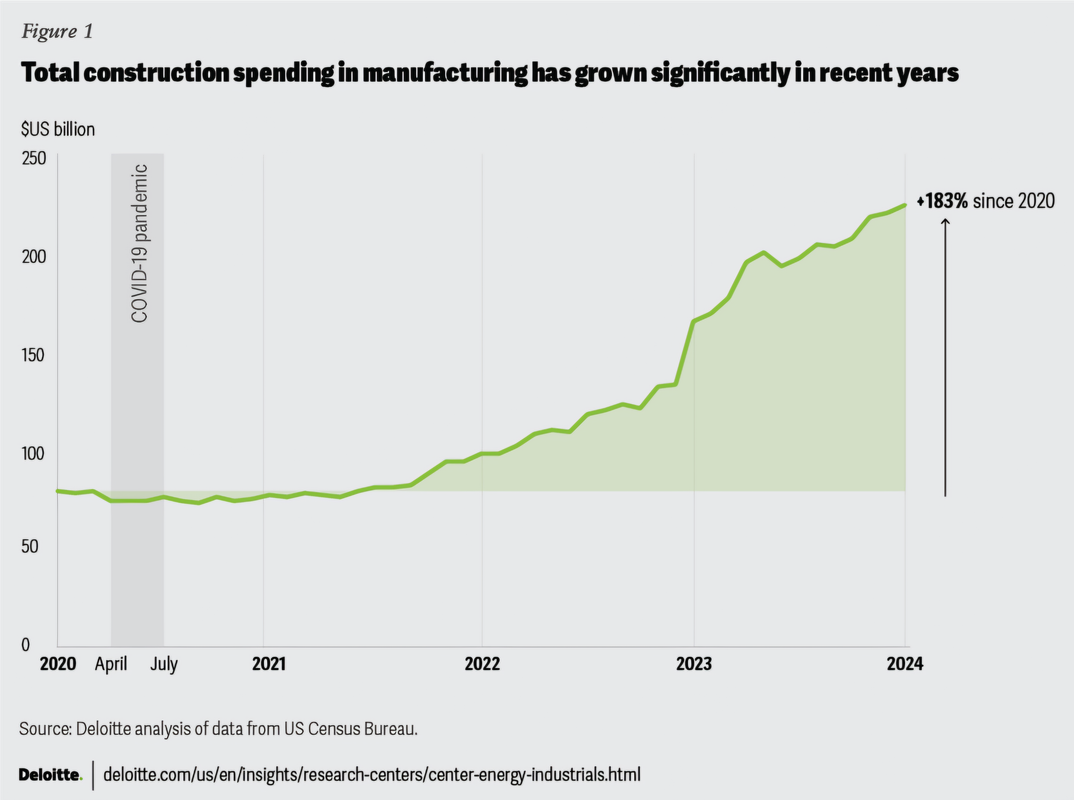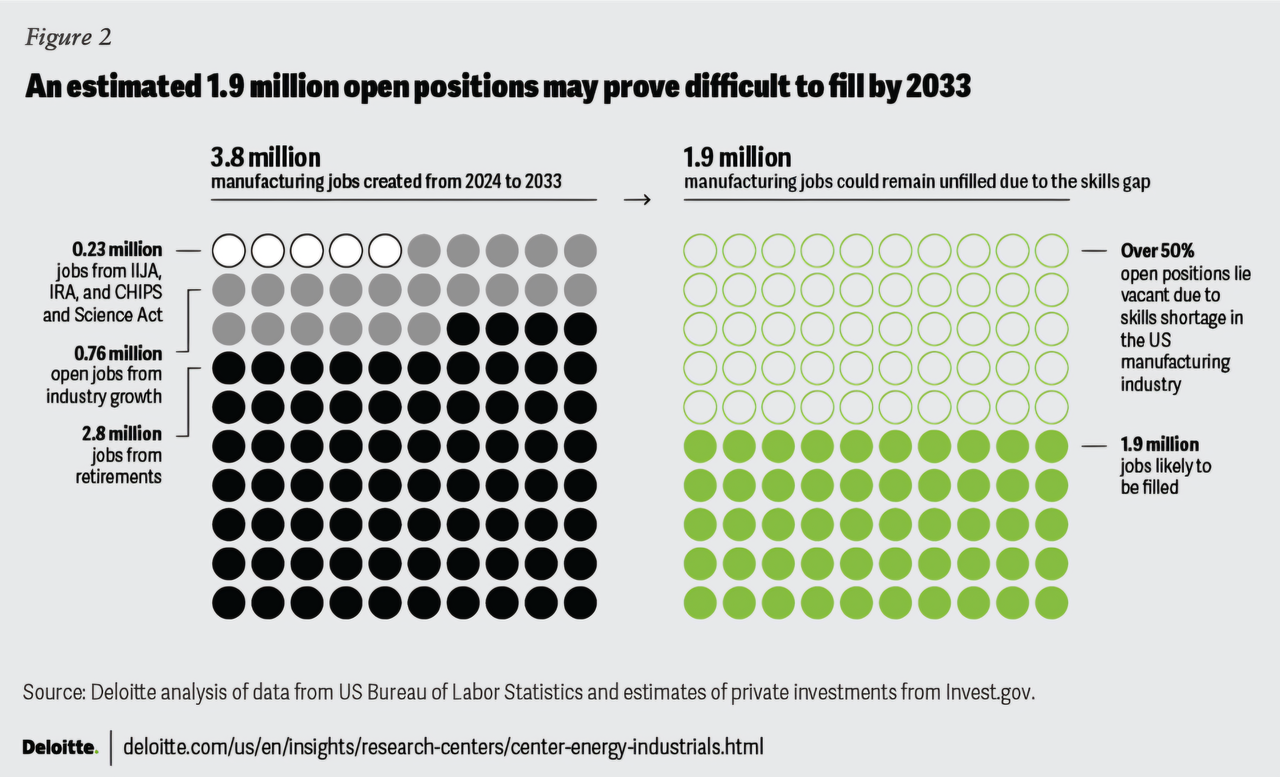Gotcha, I kind of misread your post - I agree AI will get rid of some jobs, but I don't see it destroying any industries. I think more than that it will just be another tool in the drawer.
No, on those types of systems an electrical/controls engineer does the PLC programming. You could say there's some degree of controls engineering in what I do, but it's pretty limited in scope and I wouldn't really call myself a controls engineer. I write the higher level software that the end user interfaces with which talks to the PLC, along with other system hardware and possibly other modules in an interconnected system. So, the PLC will do the low level IO interfacing, and my software will execute a higher level process sequence that tells the PLC (or other system hardware like robot arms) to do things in a specific order, to load or unload a wafer into a process chamber for example.
On systems like these, the end user will usually want to run some custom process once the wafer or other material is in the chamber, and my software provides the interface to do that as well. It's kind of like a very simplified custom programming language, where some of the functions are various machine capabilities (flow a gas, turn pumps on or off, change temperatures etc) along with basic flow control you would use in any programming language. The GUI of my application has an editor that allows you to create these custom processes, then my software will execute them (along with all data logging and database storage that goes with tracking wafers/lots). I love it because I get to touch a lot of different parts of software engineering.







